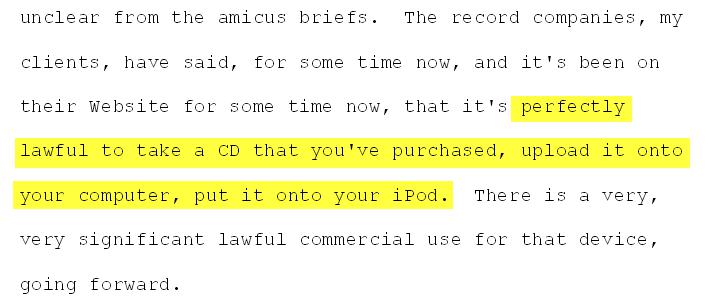Title 17 of the US Code deals with copyright, states that copying an original work without the consent of the copyright holder is infringement. It is silent on the matter of format-shifting and space-shifting. So really, you'd want to know whether your copies fall under fair use.
One of the key considerations in determining whether a particular use falls under fair use is (per 17 USCS § 107(4)):
the effect of the use upon the potential market for or value of the copyrighted work.
As per MCA, Inc. v. Wilson, 677 F.2d 180 (1981) at 183:
... where a claim of fair use is made, a balance must sometimes be struck between the benefit the public will derive if the use is permitted and the personal gain the copyright owner will receive if the use is denied. ... The less adverse effect that an alleged infringing use has on the copyright owner's expectation of gain, the less public benefit need be shown to justify the use. (citations omitted)
So, the question you would ask is whether personal copies of original media have an adverse effect on the copyright owner's expectation of gain. You wouldn't necessarily need to destroy the original media, and backups of the non-original hard drive would fall under the same test. A personal copy or backup, provided you still own the original media, is unlikely to have an adverse effect on the copyright holder's personal gain.





